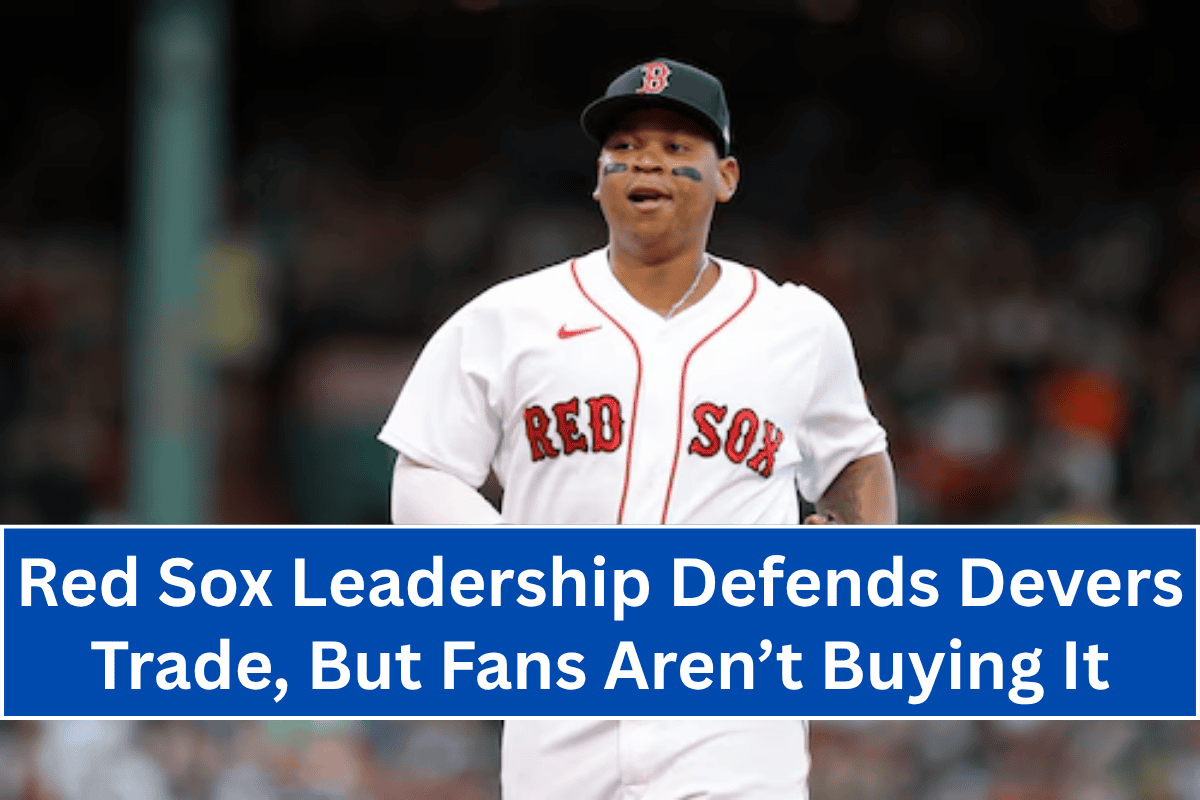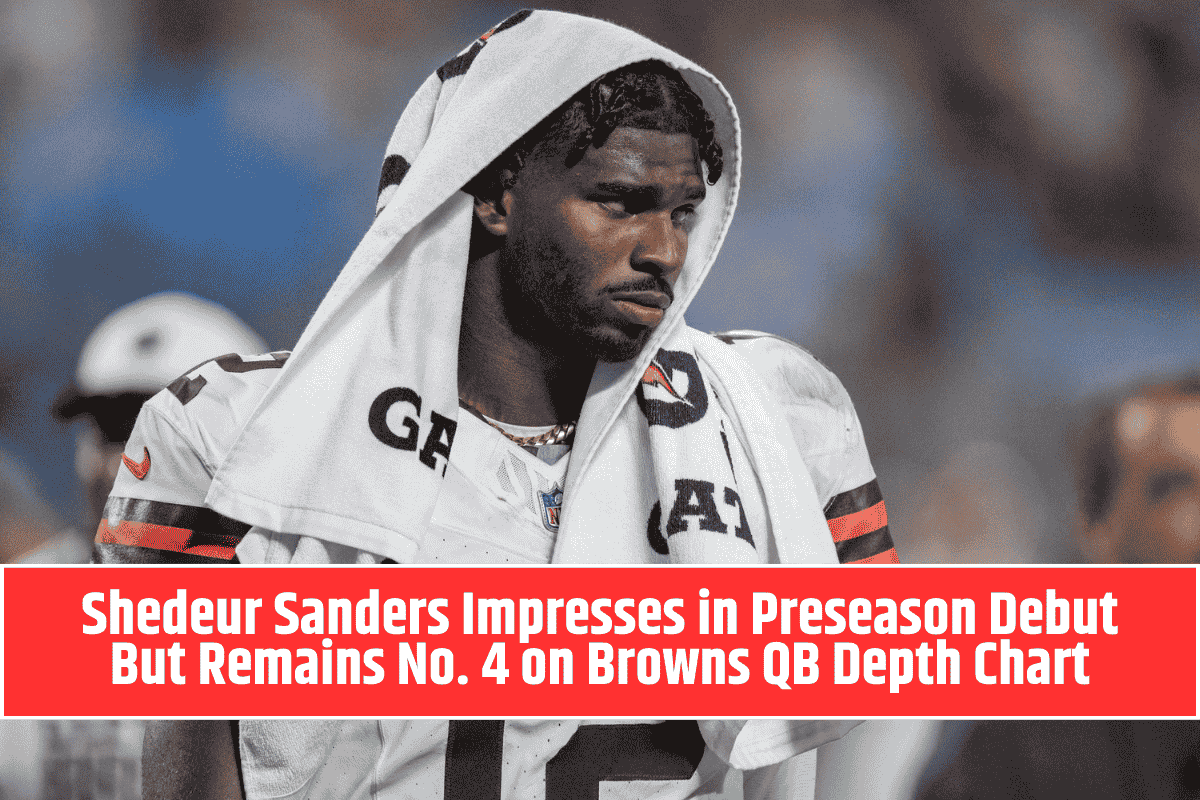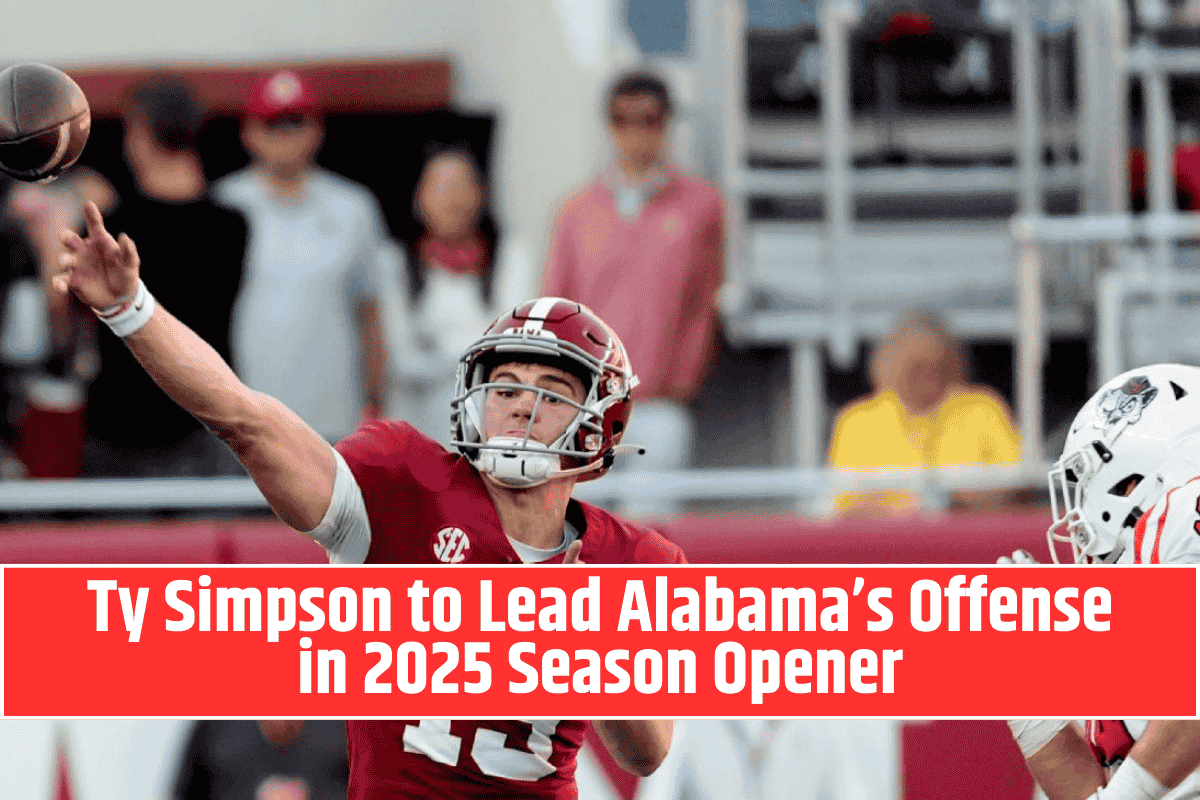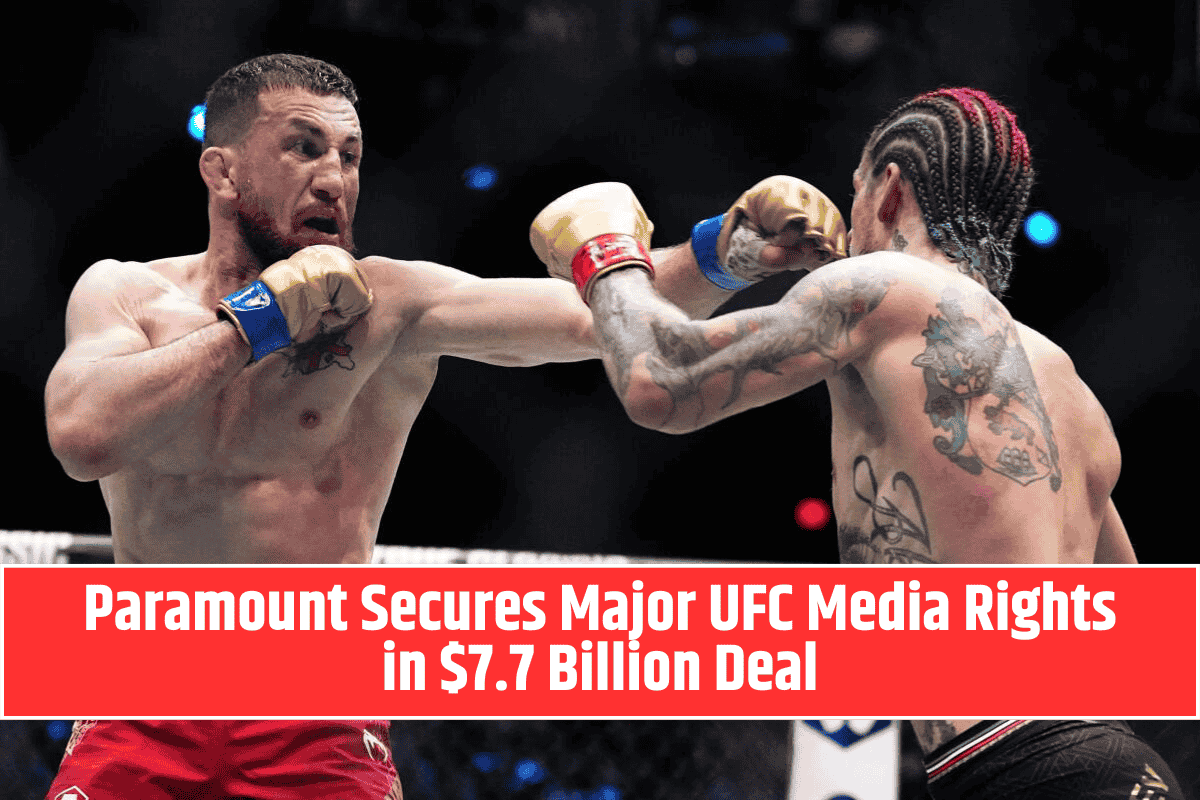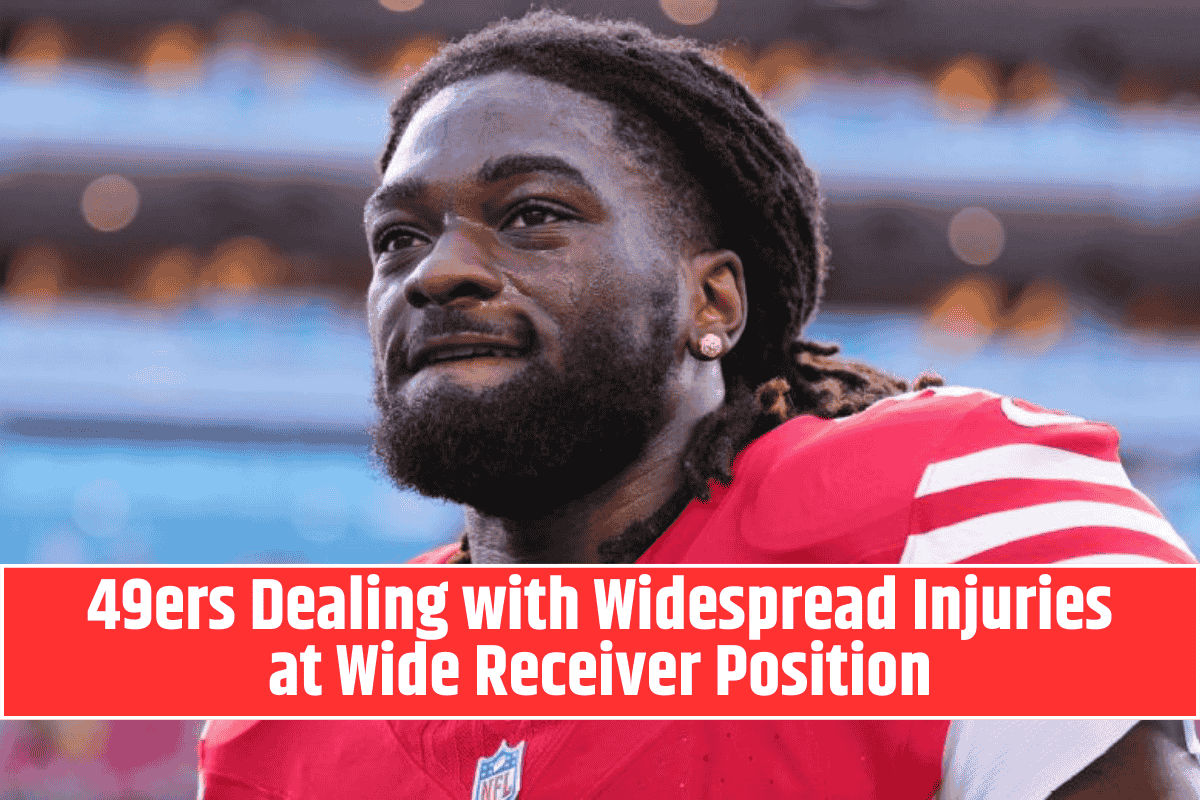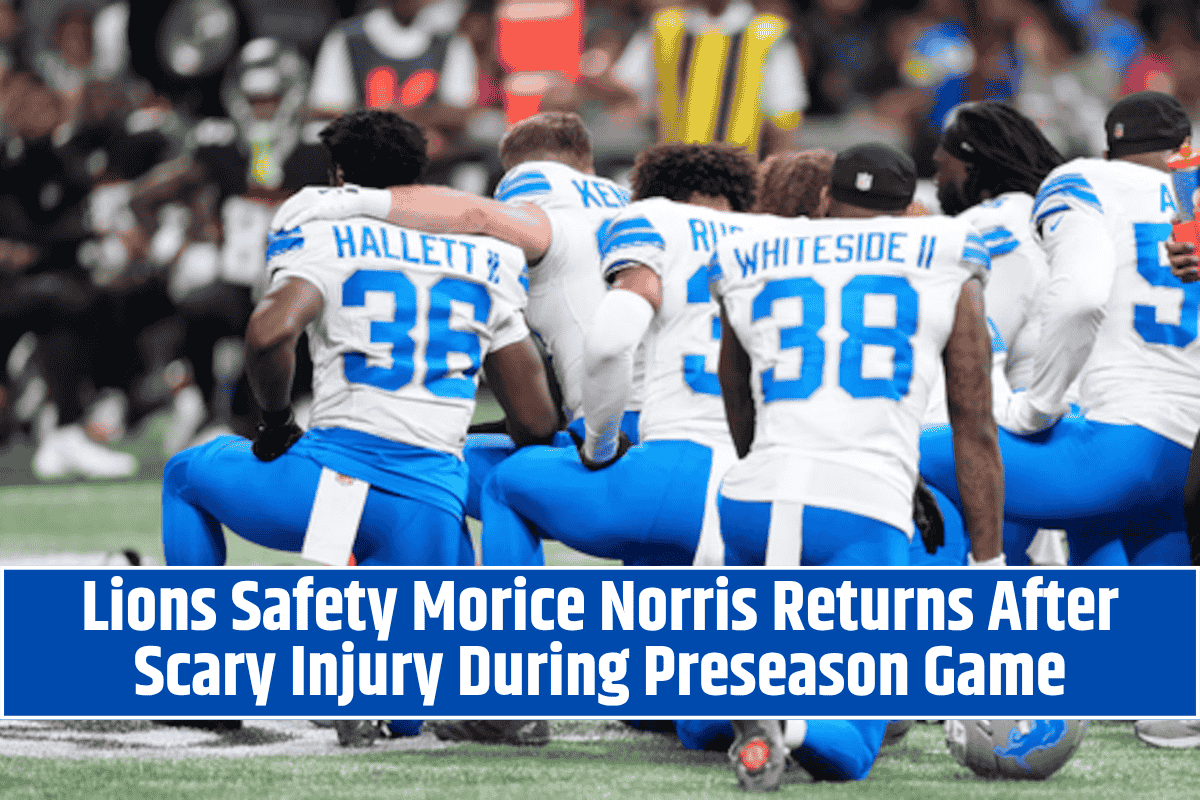The Boston Red Sox have faced backlash following the trade of their star player, Rafael Devers, to the San Francisco Giants, a move that left many fans frustrated.
Despite the controversy, Red Sox officials, including president Sam Kennedy and chief baseball officer Craig Breslow, defended the decision in a Monday press conference, explaining the trade as part of a broader plan for the future and emphasizing the need for “alignment” with Devers.
The Trade and Its Impact
On Sunday, the Red Sox traded Devers, a three-time All-Star, to the Giants in exchange for left-handed starter Kyle Harrison, outfield prospect James Tibbs III, right-handed reliever Jordan Hicks, and right-hander Jose Bello.
While fans mourn the loss of Devers, who has been with the team since signing at 16, the trade is viewed as a financial move, with the Giants assuming the remaining $254 million on Devers’ 10-year, $313.5 million contract.
Kennedy and Breslow acknowledged the disappointment but maintained that the trade would provide the team with more financial flexibility and the opportunity to acquire more talent as the trade deadline approaches.
They also pointed out that the trade does not signal a shift away from competing for a division title or a deep postseason run.
Breslow emphasized that this decision was made with the 2025 season and beyond in mind: “This is in no way signifying a waving of the white flag on 2025. We are as committed as we were six months ago to putting a winning team on the field.”
Tensions Over Devers’ Position Changes
The trade followed months of tension between Devers and the Red Sox organization, particularly surrounding requests to change his position.
After a season-ending injury to first baseman Triston Casas, the team asked Devers to consider moving to first base, but he refused. This refusal, combined with his criticism of the organization, led to a breakdown in the relationship.
Kennedy and Breslow acknowledged that there had been a misalignment between the team and Devers, particularly regarding his position changes. Devers had initially resisted switching from third base to designated hitter when the team signed Alex Bregman during spring training.
The situation further deteriorated when Devers refused to move to first base, leading the Red Sox to conclude that a trade was necessary.
Kennedy stated, “We had certain expectations that went with that contract. And when we came to the conclusion that we did not have full alignment, we moved on.”
The Reaction and Looking Forward
The trade has stirred emotions, particularly among fans who still harbor resentment over the 2020 deal that sent Mookie Betts to the Los Angeles Dodgers. Despite this, both Kennedy and Breslow are focused on the future and the young talent they have in the system.
They believe the trade will open up playing time for prospects like Roman Anthony, Kristian Campbell, and Marcelo Mayer, who are all among the top 15 prospects in MLB.
Manager Alex Cora, who had close ties with Devers, also expressed disappointment but supported the trade, emphasizing that the team must continue pushing forward: “We’ve got to keep going.
That’s the bottom line,” Cora said. He added that while losing Devers was tough, the Red Sox had added pieces that could help them compete this season.
A Move for the Future
The Red Sox brass insists that trading Devers is part of a larger strategy to build a more balanced and aligned team, despite the short-term pain.
While Devers’ departure has left a void, the organization remains focused on competing for the future.
Whether or not this move pays off remains to be seen, but it is clear that the Red Sox are prioritizing alignment and stability moving forward.
